- Publication: MIT Technology Review
- Publication Date: October 10, 2023
- Organizations mentioned: MIT Technology Review Insights, Adobe, EY, Owkin, OpenAI
- Publication Authors: Adam Green
- Technical background required: Medium
- Estimated read time (original text): 70 minutes
- Sentiment score: 70%, Somewhat positive
The report, “Generative AI deployment: Strategies for smooth scaling,” explores the implementation of generative AI in enterprises. It includes a global poll of 1000 executives and interviews with experts, focusing on deployment challenges, strategies, and impacts on businesses and workforce.
TLDR
Goal: The report “Generative AI deployment: Strategies for smooth scaling” by Adam Green, produced by MIT Technology Review Insights, aims to explore and understand the deployment of generative AI in business settings. It was influenced by the rapid growth and interest in AI technologies and seeks to provide insights into how businesses are navigating this transformative technology, particularly focusing on the challenges and strategies involved in implementing generative AI.
Methodology:
- The study conducted a global executive poll involving 1000 executives across various industries to gauge their experiences and perspectives on generative AI.
- It included in-depth interviews with industry experts and business leaders to provide qualitative insights.
- The report also reviewed current literature and case studies to understand the broader context and implications of generative AI in business.
Key Findings:
- Many businesses are in the early stages of adopting generative AI, with varied levels of success and challenges.
- Key challenges include data quality and governance, aligning AI with business strategies, and managing workforce impacts.
- Generative AI is seen as a transformative tool for innovation but requires careful planning and integration.
- There’s a significant gap in skills and knowledge among the workforce regarding effective use of generative AI.
- Ethical considerations and risk management are critical concerns for businesses implementing AI.
- There is a trend towards collaborative approaches in AI implementation, involving partnerships between businesses and AI technology providers.
Recommendations:
- Businesses should focus on aligning their AI strategies with overall business objectives and invest in relevant skill development.
- Prioritizing data governance and ethical considerations in AI deployment is crucial.
- Companies should adopt a collaborative approach to AI implementation, involving internal and external stakeholders.
- Continuous monitoring and adaptation of AI strategies are recommended to stay relevant in the rapidly evolving AI landscape.
- Emphasis on the development of a knowledgeable and skilled workforce is essential for maximizing the benefits of generative AI.
Thinking Critically
Implications:
- Widespread adoption of generative AI as recommended could lead to significant advancements in business efficiency and innovation, potentially reshaping market dynamics and competitive landscapes. Conversely, failure to adopt these technologies might result in businesses falling behind in the rapidly evolving digital economy.
- Implementing ethical AI frameworks and data governance as suggested could foster public trust and regulatory compliance, enhancing the social acceptance of AI. However, neglecting these aspects could lead to ethical dilemmas and privacy concerns, impacting society and politics.
- Upskilling the workforce as per the report’s recommendations could reduce the skills gap and unemployment caused by AI adoption. If not addressed, this could lead to economic disparities and social unrest due to job displacement.
Alternative Perspectives:
- The report’s reliance on executive surveys might not fully capture the operational challenges at the ground level, potentially overlooking the practical difficulties in implementing AI strategies.
- The optimistic view of AI’s transformative potential may downplay the complexity and risks associated with AI deployment, including unforeseen socio-economic impacts and technological limitations.
- The recommendations may underemphasize the need for industry-specific AI strategies, as the one-size-fits-all approach might not be feasible across diverse sectors with unique challenges and requirements.
AI Predictions:
- There will be an increased emphasis on ethical AI and data governance in the next few years, as businesses strive to align with public expectations and regulatory frameworks.
- Collaborative AI development and deployment models between businesses and AI providers will become more prevalent, fostering innovation and accelerating AI adoption.
- The skill gap in AI-related fields is likely to narrow, driven by educational initiatives and corporate training programs, though some level of disparity may persist.
Glossary
- LLM (Large Language Models): Advanced AI models capable of understanding and generating human-like text based on extensive training on large datasets.
- API (Application Programming Interface): A set of rules and protocols for building and interacting with software applications, often used in the context of enabling different software systems to communicate with each other.
- Data Governance: The management of the availability, usability, integrity, and security of data in systems.
- AI Ethics: Principles and guidelines to ensure the responsible use of AI in a way that benefits society and minimizes harm.
- AI Skills Gap: The disparity between the AI-related skills needed in the workforce and the current level of expertise available.
- AI-Driven Innovation: Innovation in products, services, or processes that is significantly enabled or enhanced by AI technologies.
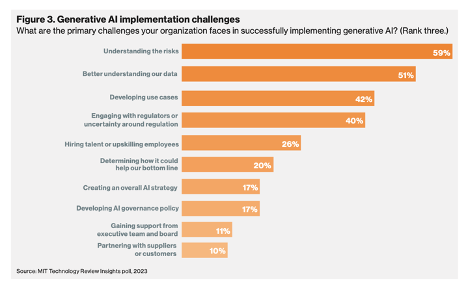

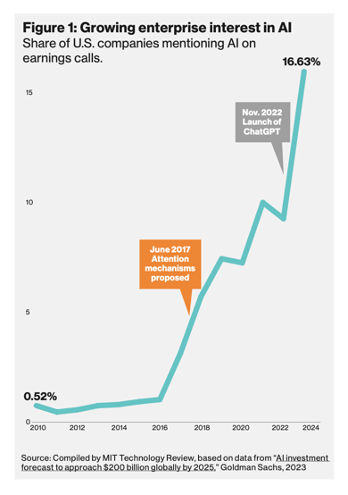
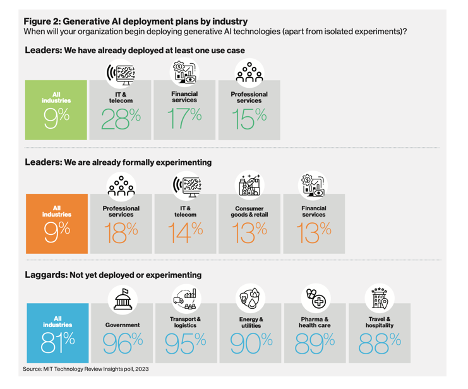
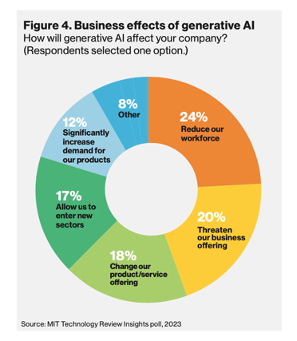
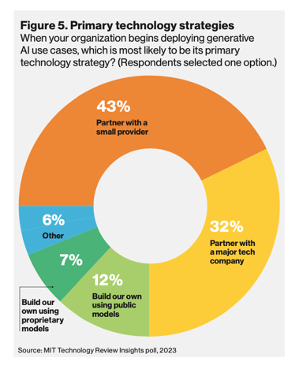
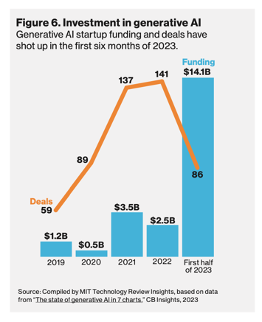
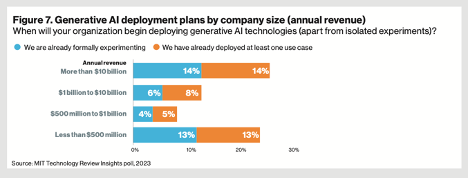
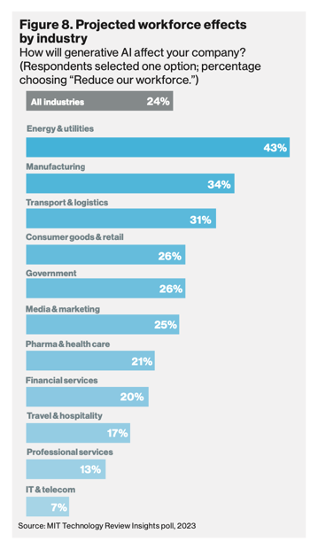
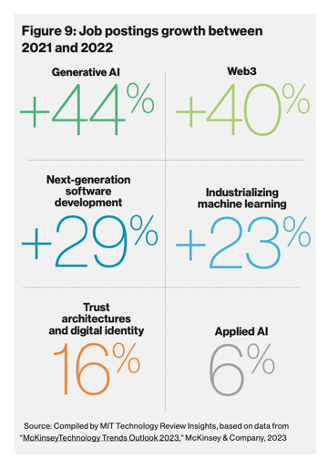
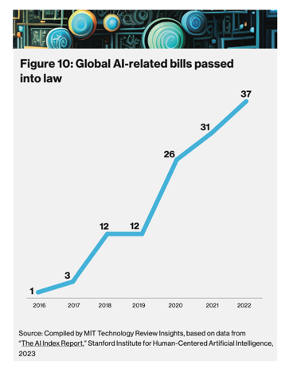
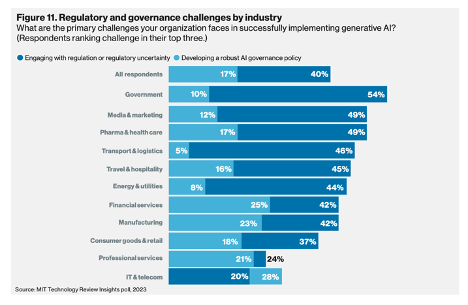
 Join hosts Anthony, Shane, and Francesca for essential insights on AI's impact on jobs, careers, and business. Stay ahead of the curve – listen now!
Join hosts Anthony, Shane, and Francesca for essential insights on AI's impact on jobs, careers, and business. Stay ahead of the curve – listen now!


